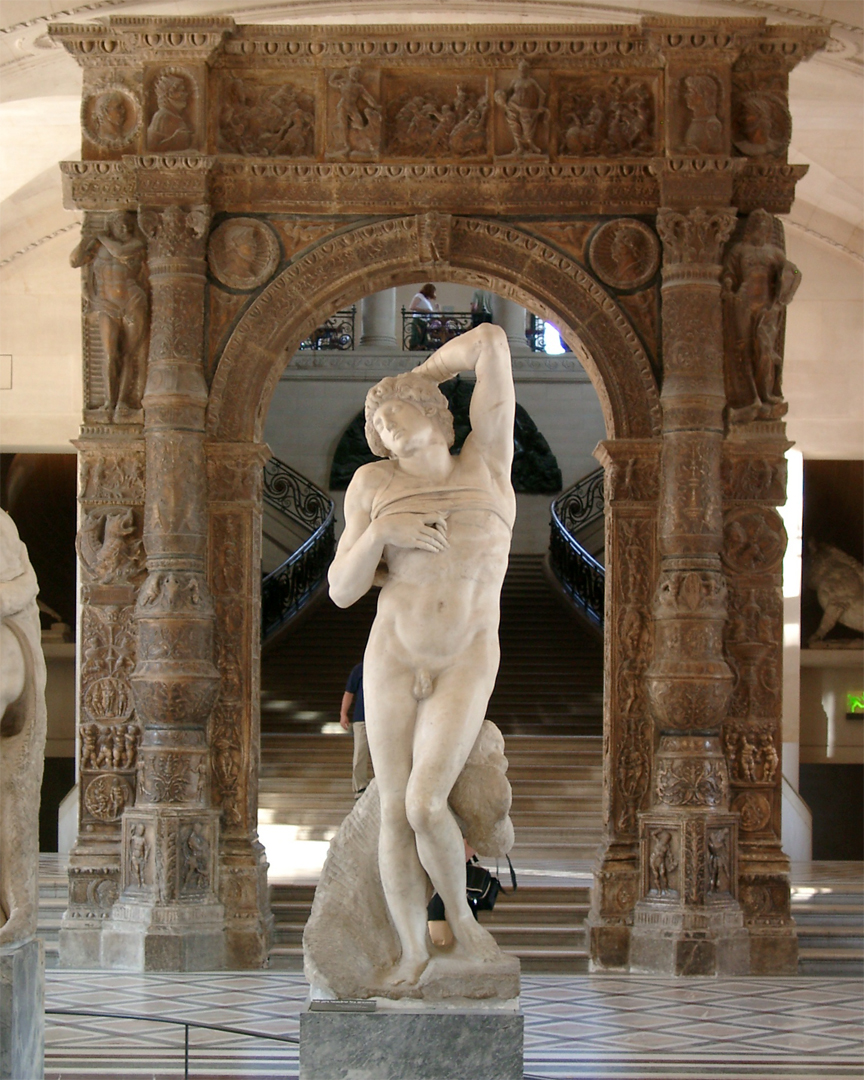In 2022, the Philharmonie de Paris hosted a conference on “The spoliation of musical instruments in Europe, 1933-1945”. I was privileged to have been encouraged to take part with the purpose of producing an unbiased view of the trade in musical instruments, where it relates to questions of provenance from before the Second World War. The abstract, transcript and powerpoint discussing issues of relative values between now and the interwar period, and problems especially regarding photographs are here to download.
ABSTRACT: In the issue of ownership and trade of old violin-family instruments the legacy of despoilation by the Nazi regime is a matter of reality and fact. The superficial similarities between the art-world and that of dealing in old violins suggest a similar narrative should emerge when examining the ownership of violins in the aftermath of this period.
Several scholars, in particular Carla Shapreau, have investigated the fate of the instruments owned by people forced to flee Nazi Germany, those who died in the Concentration Camps, or otherwise suffered in the Holocaust, but hitherto cases for restitution of a violin family instrument have rarely been heard, and rarely succeeded in court (one successful case, the Heirs of Felix Hildelsheimer vs. Hagemann Foundation, 2016). In seeking reasons for this apparent inconsistency, it is helpful to gather a broader view of the culture surrounding antique violins and to see how this is at variance from the more commonly understood art market. It is helpful to understand how the violin market changed after the second world war, so that instruments that seem to be priceless now were merely expensive in their time. It is important to understand how these elements contribute to the way that they have been documented and recorded over the twentieth century, and the problems that this creates in any effort to assert any restitution claim. As a practicing professional violin dealer, with a combination of market awareness and historical perspective, the objective of this paper is to provide as straightforward, transparent and unbiased an overview as possible into the legacy of violin ownership after the Second World War, and its implication on the very important matter of Nazi despoilation.






Leave a Reply